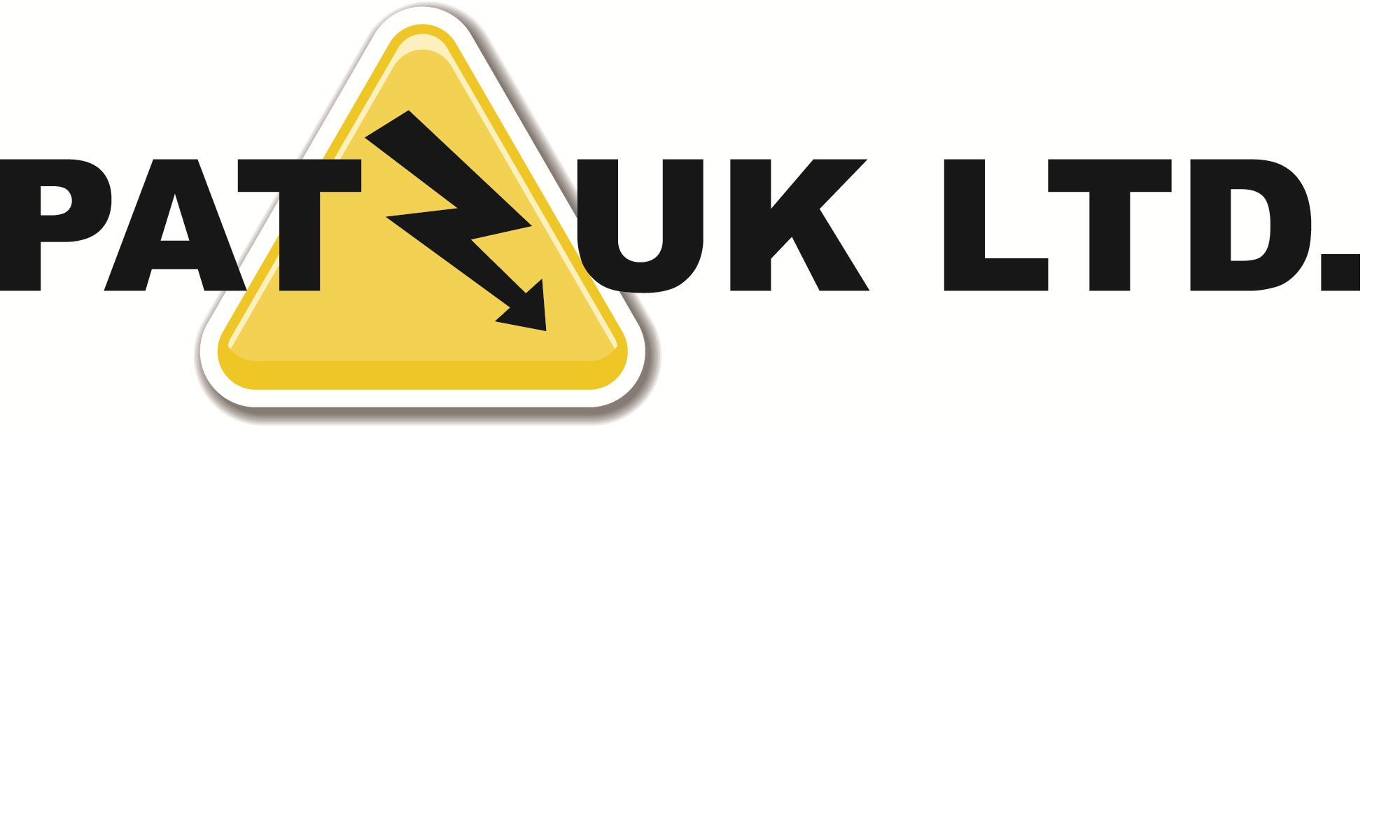central venous pressure, urine output, and stroke volume is decreased. Difficulty. :) Take Quizzes. Cardiogenic shock is a physiologic state in which inadequate tissue perfusion results from cardiac dysfunction, most often systolic. 1. Click card to see definition . Hypovolemic shock NCLEX questions for nursing students! Scheduled maintenance: Saturday, March 6 from 3–4 PM PST, Hemodynamic changes with little to no response to treatment, Stages of ShockCompensatory Stage (Cont'd), If perfusion deficit corrected, patient recovers with no residual sequelae, Compensatory Stage moves on to Progressive Stage. After you are done with the quiz share your results and scroll down for four key points about shock pathophysiology. Cardiogenic shock should be considered in the patient who presents with unexplained hypotension or cardiac output, unexplained impaired mental function and unexplained pulmonary vascular congestion. Play as. The IABP increases systemic vascular resistance to strengthen the heart's ventricles 1. Evaluate for non-ventricular failure. Click again to see term . This quiz will test your knowledge on hypovolemic shock. 5. Start. You may need medicines to increase blood pressure and … Create your account to access this entire worksheet, A Premium account gives you access to all lesson, practice exams, quizzes & worksheets. Share via: Print; Font Size A A A. Hypovolemic shock occurs when the intravascular system has been depleted of fluid volume. This causes the cardiac output to fall below the parameters needed to maintain tissue perfusion. what are the early behaviors of a pt with cardiogenic shock. Septic shock (sepsis) NCLEX questions for nursing students! Tap card to see definition . SIRS - systemic inflammatory response syndrome, which causes the release of chemical mediators, some of which release NO, causing widespread vasodilation that worsens oxygen delivery problems. E. Septic shock . This is a quiz to evaluate how much you've learned about the 5 types of shock! what occurs when the body compensates for cardiogenic shock. Other conditions that make the heart weak and can lead to cardiogenic shock include: Cardiogenic shock occurs when the heart is unable to supply enough blood to the vital organs of the body. In this review you will learn about cardiogenic shock. Characterize the Type and Severity of the Cardiogenic Shock. 's' : ''}}. pH imbalance presentation. You will receive your score and answers at the end. anxious with progression, they become restless and agitated. Remember the initial insult here is a broken or blocked pump. It is a major, and frequently fatal, complication of a variety of acute and chronic disorders, occurring most commonly following acute myocardial infarction (MI). Earn Transferable Credit & Get your Degree, A very alert and responsive individual walking about as if nothing is going on, Decreased respiratory effort, increased levels of oxygen in the body, increased tissue perfusion, Increased urination, hot to the touch, pink skin, Decreased urination, cold extremities, pale skin, A CSF (spinal) tap to check for meningitis, A brainstem auditory evoked response test to see if the person can hear ok, A pupillary light reflex test to check how well the eyes are working. Tests might include: 1. Services, The Consequences of an Aberrant Immune System, Major Disorders Involving the Nervous System, Conditions Affecting the Gastrointestinal System, Alterations of the Musculoskeletal System, Clinical Test Results: Electrolytes, Cells, and Blood Proteins, Clinical Test Results: Organ Function and Health, Working Scholars® Bringing Tuition-Free College to the Community, What a very weak pulse following a heart attack indicates, The ability to recognize a true statement about shock, The term used to describe the volume of blood flowing through a particular tissue, Use the analogy of a sprinkler system to explain the effects of cardiogenic shock, Detail the impact of cardiogenic shock on tissue, blood vessels, the kidneys and heart rate, Describe treatment options for cardiogenic shock. In other words, there is a failure of the heart to effectively pump blood. Cardiogenic shock (CS) is a clinical condition of inadequate tissue(end organ) perfusion due to cardiac dysfunction • Hypotension (SBP < 80-90 mmHg) or MAP 30 mmHg below baseline • Reduced cardiac index(<1.8 L/min per m2) <2.0-2.2 L/min per m2 with support • Adequate or elevated filling pressures slm43097. physiological condition which results when the alveoli of the lungs are perfused with blood as normal, but ventilation (the supply of air) fails to supply the perfused region. Cardiogenic Shock Overview: Cardiogenic shock occurs when adequate oxygen and nutrient delivery to the organs and tissues of the body is compromised as a direct result of myocardial dysfunction. occurs when decreases CO leads to inadequate tissue perfusion. 2. As a member, you'll also get unlimited access to over 83,000 lessons in math, B. flashcard set{{course.flashcardSetCoun > 1 ? What are the physical effects of cardiogenic shock on various body systems, and how are these manifested? Cardiogenic shock (CS) is a common cause of mortality, and management remains challenging despite advances in therapeutic options. Shock And Sepsis Shock And Sepsis . In other words, the ventilation/perfusion ratio (the ratio of air reaching the alveoli to blood perfusing them) is zero. Inadequate RR. T …
Daily Press Member Edition, Swfc Away Kit 20/21, Daycare Incident Report Policy, Safeway Open Field Odds, Rabbit Meat Shop Near Me, Thomas Jane Height, Malayalam Quiz Questions And Answers, Breezer Drink Price,
